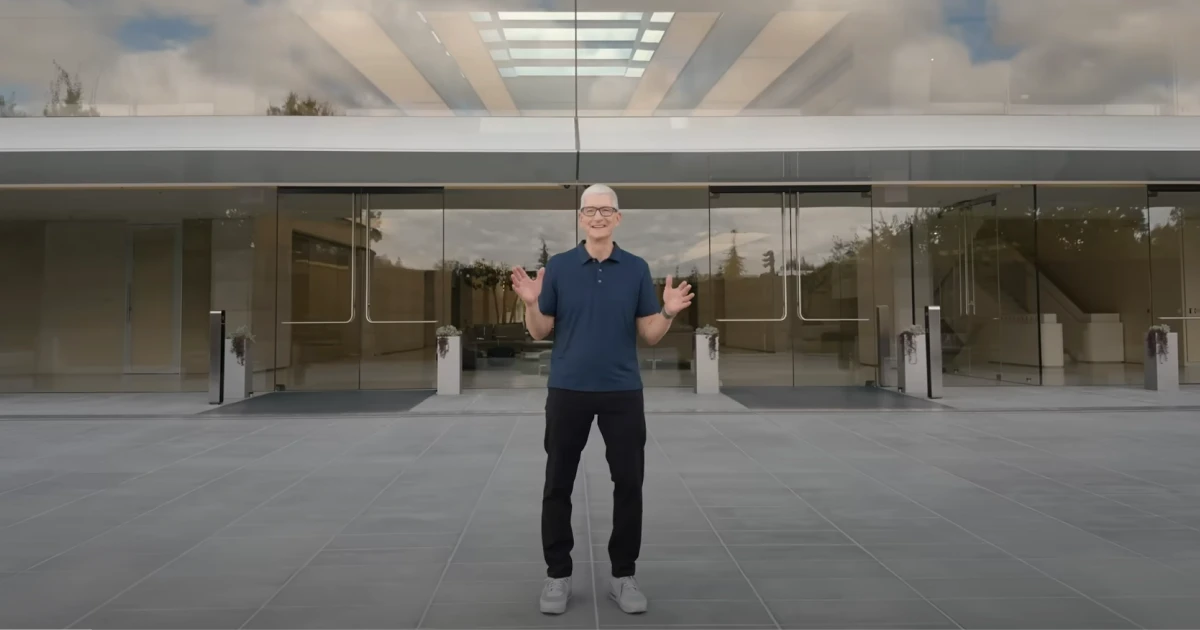We all know that the stock market is and has always been volatile. Believe it or not, initial public offerings (IPOs) are even more unpredictable. It’s always a gamble – some IPOs fail miserably while others soar.
Think about Alibaba Group Holding (BABA) – this is the definition of an IPO release going amazing. In fact, it’s deemed to be one of, if not the largest global IPO, being able to raise $25 billion, with an IPO price of $68. This represents a happy case as the company’s shares opened at $92.70 and closed at $93.89 on the very first day of trading, just proving the dominance that the company had over the market.
On the other hand, Robinhood is considered to be one of the worst IPOs ever – especially for a company of its size. The trading platform was highly anticipated to going public. However, due to the numerous controversies – particularly with the role played in the GameStop trading madness, the first day of trading wasn’t looking as promising as they had hoped. Within the first minutes after the trading began, there was a decline in share prices of up to 10%. And unfortunately, by the end of its first day of trading, the company’s valuation was at $29 billion, significantly lower than the anticipated $35 billion valuation.
So, this raises the question: why do some IPOs fail while others succeed?
This is a question that goes through everyone’s mind. And what makes it so fascinating is that there is no cookie-cutter-established answer. Instead, it’s on a case-by-case basis. What worked for some didn’t work for others. The deal is that the process of taking a company public through an IPO is a make-it-or-break-it scenario for many firms out there.
And as you might expect, there is a catch, as not every IPO is successful. On the contrary – it can even be disastrous for a company and its investors! But what are the factors that determine the success or failure of an IPO?
Well, ultimately, it’s all in the hands of the quality of the firm.
“Just because a company goes public, it doesn’t necessarily mean it’s a good long-term investment,” stated Matt Chancey, a certified financial planner (CFP) in Florida.
And it’s true! A company that doesn’t possess a good financial track record or a defined growth strategy will most likely fail in its IPOs. There’s no other way, unfortunately. So make sure you have everything in order! Investors want organizations that have the potential for long-term development and profitability. No one wants to lose money! And we are talking big sums here. Moreover, a good business model can inspire confidence in the company’s ability to deliver on its promises. Keep this in mind!
On the other hand, weak management teams and unclear objectives don’t stand a chance in their IPOs ventures. That’s just the way it is. If you are an investor, you will not put your money in firms that do not have everything in order, right?
The status of the stock market matters as well.
And by that, we mean that under bullish stock market conditions, IPOs tend to perform better and will appeal to more investors. The timing is everything. During a bear stock market, even the best-prepared companies will struggle. This has happened for a hundred years now and won’t change anytime soon, believe us.
We mentioned timing. Businesses need to schedule their IPO effectively, taking advantage of good stock market conditions. You do not want to try and list your firm during negative stock market conditions. If you think of doing that, good luck, but in most cases, it doesn’t work. If you choose to go public during a bullish period, you can outperform your competitors easily. Moreover, listing your firm too soon can become an issue too. Without having a positive reputation behind, it will become difficult to generate investor interest and make a successful IPO.
The pricing is everything! It influences the level of public interest.
Even if you have high expectations of your firm and how it will perform, it’s always better to start small. You know that people are driven by small prices. This remains true when we talk about stocks as well. Remember that we do not advise starting too small, though. That can be a problem as well. It’s crucial to find the middle ground. If the price is too high, it will be hard to spark investor interest. Pricing your assets too low can result in losing money. Both are scenarios you do not want to find your company into.
The perfect price is where it can pique investor interest while remaining low enough to allow the stock price to climb after the offering. It can be hard to find this sweet spot, but with enough knowledgeable people around you, it’s not impossible! Be careful, though, as prices are not the only ones that affect the amount of public interest. You need a strong brand and a captivating story behind it to boost curiosity in your IPOs ventures.
Think of Facebook (META), for example! It was one of the most anticipated IPOs. And at first, this was clear. In fact, it was considered one of the largest IPOs in the tech industry, having a peak market capitalization of more than $104 billion. However, as soon as it opened, the stock – fell, and the share prices – crashed. In the next couple of months, Facebook has seen a decrease in share prices of more than 50%. Why exactly? Well, that is exactly what we told you – some large investors perceived Facebook as being overpriced and that even the IPO was overhyped.
The level of competition is another crucial component in the success of an IPO.
Look. Businesses that operate in highly competitive industries might find it difficult to generate investor interest and achieve a successful IPO. That makes sense, right? Because if a competitor of yours has seniority in the market, many people will choose it over your venture since it’s a safer investment.
You should find a niche that’s easy to penetrate. In the long-term, this will bring you a lot more benefits than the case we mentioned earlier. It’s also more appealing to investors because they have a better potential for higher profitability.
The main takeaway that you should have in mind is that a successful IPO may offer companies access to large sums of money as well as increased public interest. On the other hand, if the IPO struggles, it will harm the company’s reputation and restrict its future access to finance and exposure. We hope that the criteria mentioned above will help you in preparing for an IPO. Good luck!




.webp)












